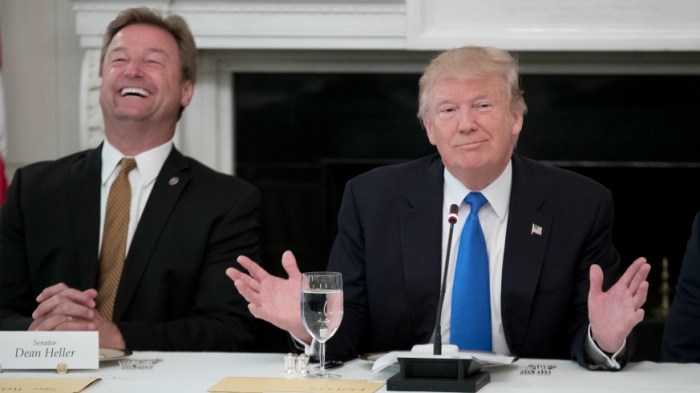President Trump is expected to make good on his campaign promise to “make absolutely certain” that companies and religious orders are not “bullied by the federal government because of their religious beliefs” by overturning the birth control mandate, the rule that requires companies to cover contraception for women.
The administration says that it’s “necessary and appropriate to provide the expanded exemptions” to the birth control mandate on the basis that it wasn’t a part of the original Affordable Care Act, according to The New York Times. The Obama administration later added the mandate to protect women’s health, giving 55 million women access to free birth control through their employer-provided insurance plans.
How the new birth control rules will affect women
Under the new rule, companies can deny coverage without filing notices or certifications with the government, according to the Times. Colleges and universities that offer health insurance to both students and employees are also eligible.
And the loose definition of “moral objections” means any company can make the decision, not just religious organizations.
“It’s just a very, very, very broad exception for everybody,” Tim Jost, a health law professor at Washington and Lee University, told Vox. “If you don’t want to provide it, you don’t have to provide it.”
The Trump administration lists health risks as one of the reasons for overturning the mandate, saying that it could promote “risky sexual behavior” among teens and young adults. That’s just not true: A comprehensive study conducted by researchers at the Washington University School of Medicine shows that free birth control has no effect on the number of sexual partners — and it actually helps cut down on the number of abortions.
“The government,” the administration says, “already engages in dozens of programs that subsidize contraception for the low-income women,” presumably through Medicaid and Title X programs.
However, the government has consistently introduced legislation and promises to “defund” — or take away the right for women to use federal subsidies — at family planning organizations like Planned Parenthood.
The legislation will take effect once it’s on display in the office of the Federal Register and companies will have to notify their employees of the change, so getting contraceptives now (like in the form of a intrauterine device) is a good idea for women wanting long-term options. Ultimately, millions of women who currently receive no-cost contraception through their insurance will be required to pay out of pocket.
And it’s likely that plenty of women will stop taking birth control altogether.
“Affordable contraception for women saves lives,” Dr. Haywood L. Brown, the president of the American College of Obstetricians and Gynecologists, told The Times, adding that it will set women’s health back.
“It prevents pregnancies. It improves maternal mortality. It prevents adolescent pregnancies.”
























